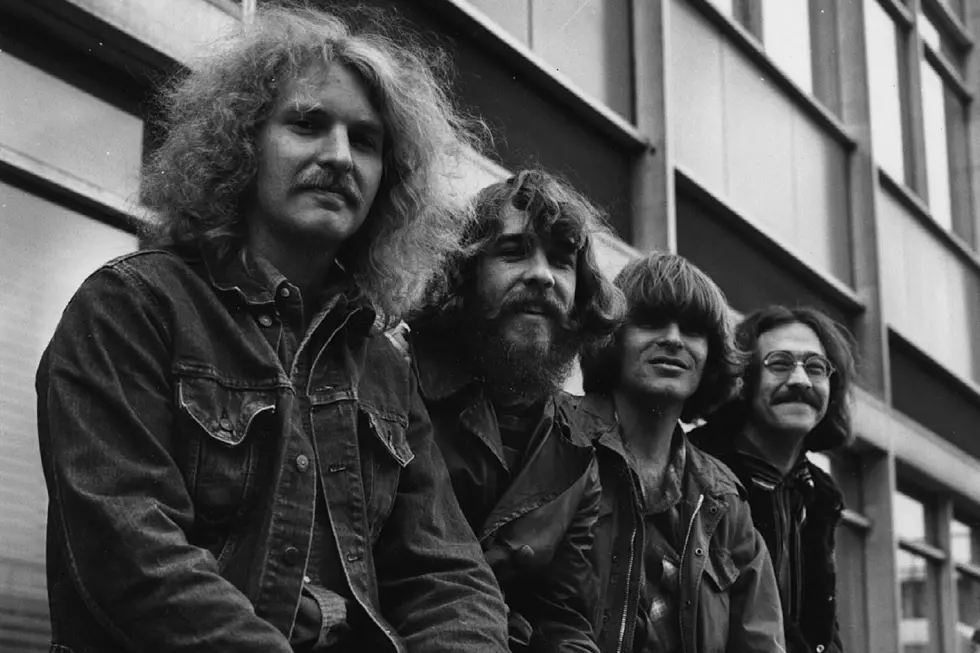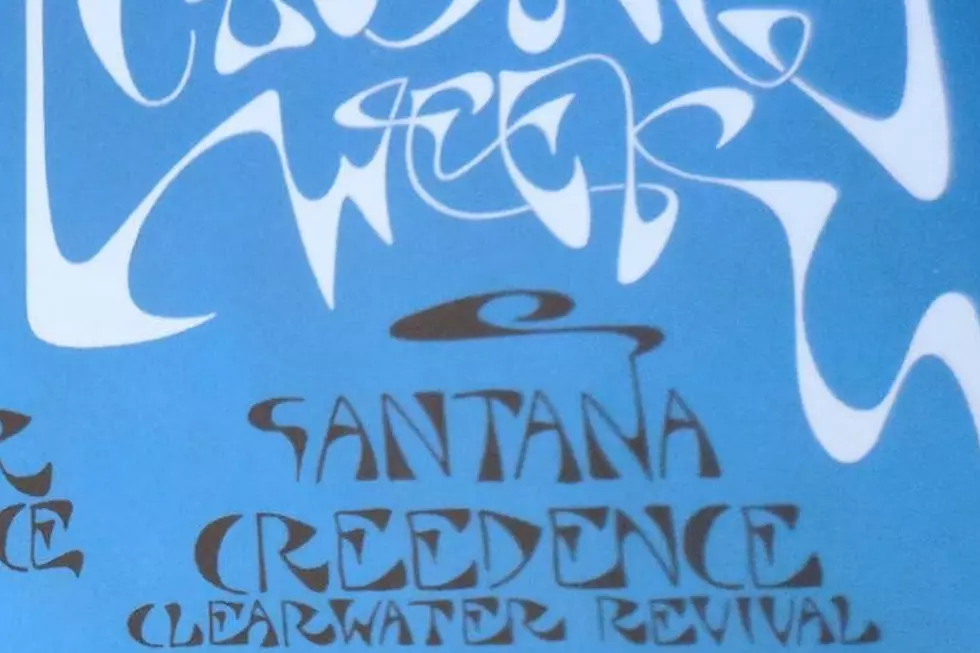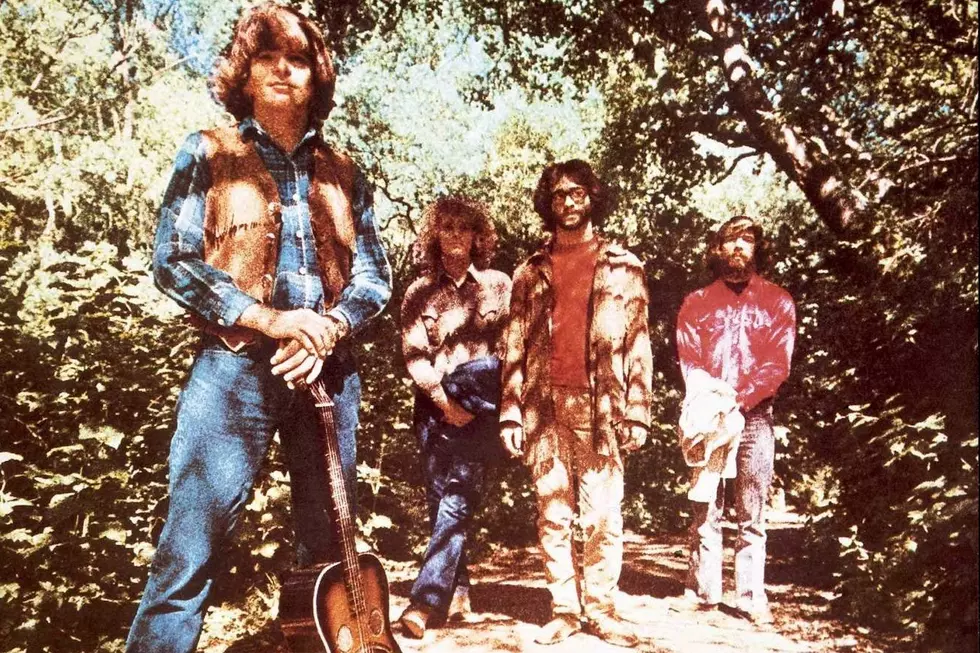
The Day Creedence Clearwater Revival Broke Up
Creedence Clearwater Revival were one of the most influential rock groups of their generation, even though their recording career together lasted a brief four years. Their breakup was announced on Oct. 16, 1972.
Few groups have produced so much important work in such a short period of time – or suffered so much internal pressure. Beginning with "Suzie Q" in 1968, in an almost mind-boggling burst of activity CCR delivered a string of singles over the next few years that included "Proud Mary," "Born on the Bayou," "Down on the Corner," "Fortunate Son" and many more. The band also managed to squeeze in appearances at Woodstock and on The Ed Sullivan Show, but by the time the group recorded 1970's Pendulum, the writing was already on the wall that the end was near for Creedence Clearwater Revival.
Lead singer, principal songwriter, guitarist and frontman John Fogerty had always played a dominant role in the group, and as time went on his bandmates – brother and guitarist Tom Fogerty, drummer Doug "Cosmo" Clifford and bassist Stu Cook – pushed for more of a voice in the band's music and business decisions. Tom Fogerty finally departed the band in 1971, and for the group's next album, John Fogerty told his remaining bandmates that if they wanted more input, then each member would contribute their own songs, on which he would only play rhythm guitar.
The result was Mardi Gras, released in 1972 to a resounding critical drubbing. Rolling Stone critic Jon Landau called it "the worst album I have ever heard from a major rock band," and though the album was still relatively commercially successful, it did not sell as well as previous efforts. Fogerty had also become involved in a series of disputes with CCR's record label, Fantasy Records, over what he thought were unfair contracts, and on Oct. 16, 1972 the group announced their breakup.
While the group's career together was short and marked by an incredible level of artistic output, the ensuing decades would drag on with a series of lawsuits and long periods of inactivity from any of the musicians. Tom Fogerty recorded several solo albums that largely went ignored. He died in 1990 of complications from AIDS after contracting the virus through a tainted blood transfusion.
John Fogerty recorded sporadically in the '70s but remained mostly out of the public eye as a long series of lawsuits between him and Fantasy Records dragged through the court system. Fogerty returned to the top of the charts with 1985's Centerfield, but even his new success became mired in old bitterness when his former label – who now owned the rights to all of his old songs – sued him because his new single "The Old Man Down the Road" sounded too much like his CCR hit "Run Through the Jungle," essentially accusing him of plagiarizing himself. Such was Fogerty's bitterness toward Fantasy Records that he steadfastly refused to perform any Creedence material on tour – a position he held until 1987, when Bob Dylan and George Harrison convinced him to reclaim his old classics.
Still, the wounds of the past were far from healed. In 1993, Fogerty outright refused to perform with Cook and Clifford at their induction into the Rock and Roll Hall of Fame, and in 1997 he issued an injunction to try prevent them from performing and touring with a new lineup under the name Creedence Clearwater Revisited. His lawsuit failed, and the new CCR went on tour.
More recently, the band's surviving members have shown signs of being civil, even if they're no longer friends. In a 2019 interview, Cook noted the musicians were "not sniping at each other anymore," adding that they were instead "focused on the good things about Creedence, which is where I think we should be."
Top 100 '60s Rock Albums
More From 96.7 The Eagle







